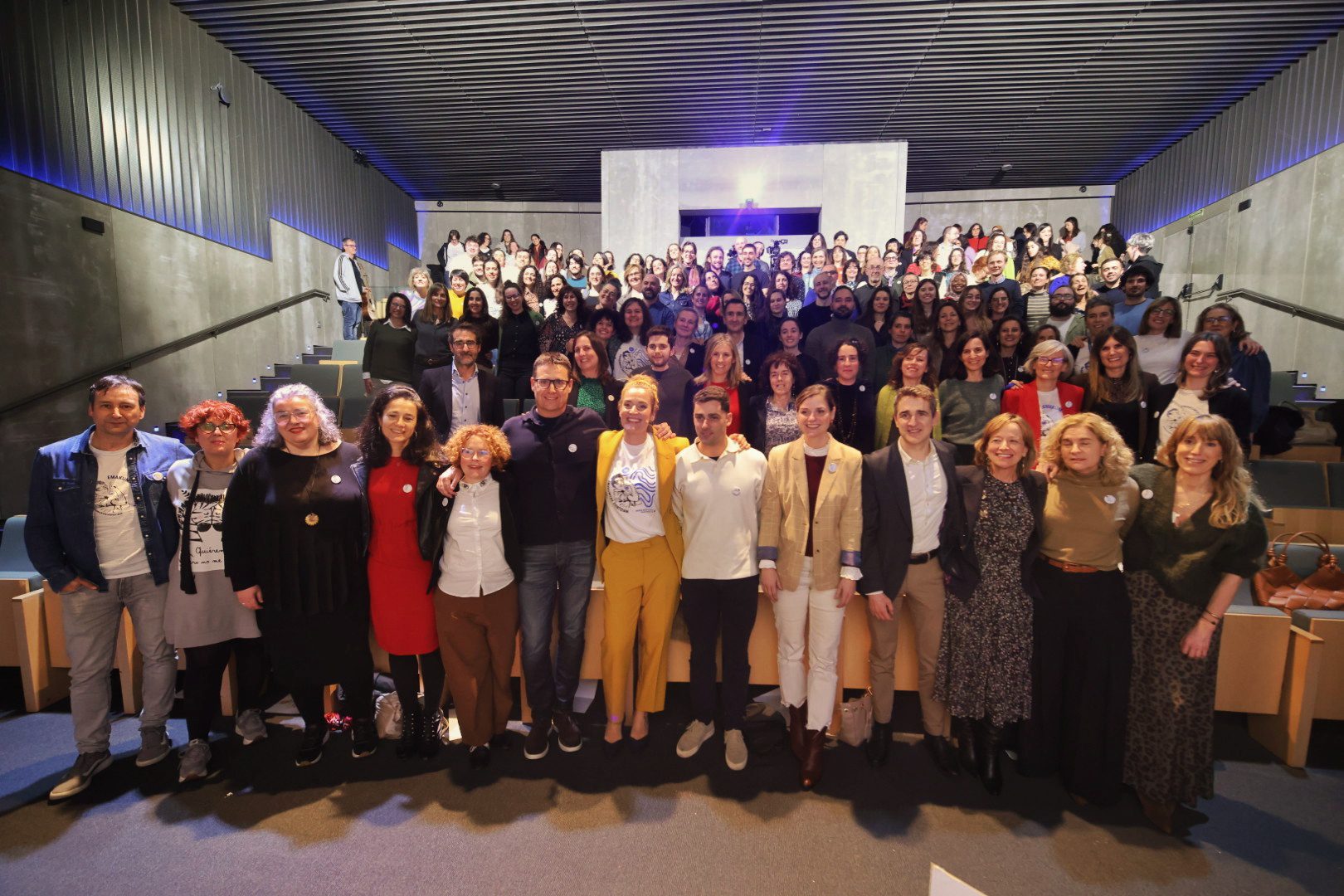CIC energiGUNE positions itself as a benchmark in the regulation of technological sustainability for electronic and electrical equipment

CIC energiGUNE’s sustainability specialist Andrea Casas has collaborated in the drafting of the first Product Category Rule (PCR) adapted to the new environmental standards, specifically for ‘Electronic and electrical equipment and electrical components’, which must be applied from now on in the manufacture of devices so that they can obtain the Environmental Product Declaration.
CIC energiGUNE, a leading Basque research centre in electrochemical energy storage and conversion and thermal energy storage and conversion, has taken a further step in its consolidation as a reference agent in technological sustainability after actively participating in the development of the new Product Category Rule (PCR) for ‘Electronic and electrical equipment and electrical components’, promoted by the leading certification body ‘The International EPD System’. This Rule is the first PCR to be published under the new environmental criteria and must be applied by manufacturers who are interested in achieving the Environmental Product Declaration for their devices.
‘The publication of this PCR is fundamental for the battery industry because it allows, through standardisation, to promote key aspects such as the recyclability of devices, the optimisation of their life cycle, or innovation in clean technologies in a credible and transparent way’, said Andrea Casas, head of sustainability at CIC energiGUNE, who has actively participated in the development of this Rule.
The main objective of this PCR – the first to be released in the process of adapting the Product Category Rule being carried out by the certifying company – is to define the rules, requirements and methodology for assessing the environmental performance of electronic and electrical equipment throughout its life cycle. In this sense, the participation of CIC energiGUNE positions the Basque centre as a reference entity for the battery industry, since – in addition to knowing in detail the required sustainability criteria – it has directly contributed to the management of critical aspects of batteries (materials, recyclability, waste…) by applying the Sustainability Objectives promoted by CIC energiGUNE.
Specifically, the PCR covers several key aspects such as scope and applicability, as it defines what types of products are covered and specifies a global geographical scope; Life Cycle Assessment (LCA) Requirements; Environmental Performance Indicators; and Documentation and Reporting, as it provides guidelines on the content and format of the EPD, ensuring that the presentation of data is accurate and verifiable.
From the battery industry’s point of view, the publication of the PCR for ‘Electronic and Electrical Equipment and Electrical Components’ – which will be valid until 2029 with periodic reviews and updates as necessary to align with regulatory changes or methodological developments – will mean advances in transparency and environmental comparability of devices; improved regulatory compliance and competitiveness; optimised life cycle and recyclability; and access to ‘green’ investments.
‘In short, this standard is a key tool that drives the battery industry’s transition to a more sustainable economy, helping it to reduce its environmental impact, improve its competitiveness and align with the growing demand for transparency and environmental responsibility in global markets,’ said Andrea Casas.




